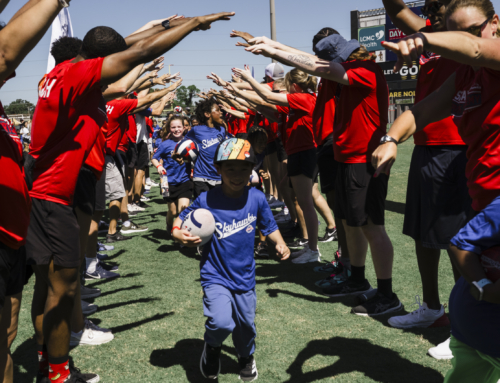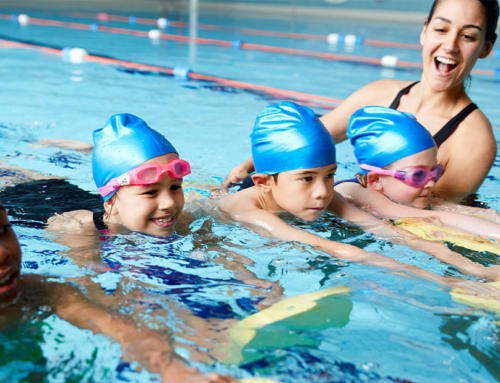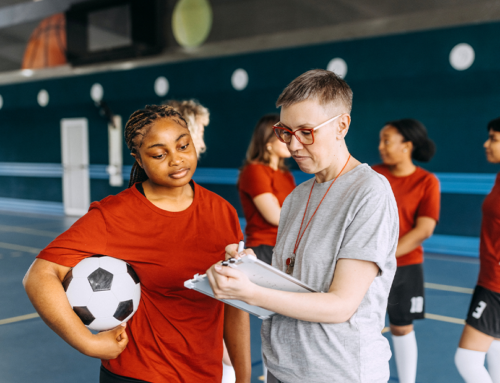It’s no secret: The push for youth athlete development is intense. But too many parents push their kids to devote themselves to training for a single sport. You can’t expect your child to be a well-rounded athlete without exposing him or her to lots of different activities.
What if you discovered that signing your kid up for a year-round travel team is actually detrimental to their long-term development?
With coaches and scouts looking for multi-sport athletes and injury rates soaring among specialized athletes, you might reconsider your strategy. Here are some tips to help you get started.
Let your child choose early
If your son or daughter plays football or softball but also wants to play tennis in the spring, let them. Exposure to different environments helps kids develop better motor control stimulation.
Some athletes have spoken about how playing several sports when they were growing up helped them later on when they decided to specialize. Mia Hamm is a perfect example.
“I didn’t specialize until I made the national team,” she said. “I still played basketball and a bunch of different sports, really kind of followed what my friends were playing in the season that was being organized. I think that helped me not burn out so early and helped my overall athleticism. My parents really allowed soccer—and whatever I chose—to be my passion and not theirs.”
Play games instead of doing drills
“Let’s go run sprints” has a nagging sound to it. Instead, try to challenge your kids to a game that involves both you and them: “If you beat me 6 out of 10 sprints to the backyard fence, I’ll do Push-Ups.” Then it becomes a competition and not a chore.
Want the best agility workout for your young one? Try playing tag in the backyard for 15 minutes. Engaging in free play with unplanned movements and incorporating a reactive component is fun—and it accomplishes goals. From the age 7 to 11, it is critical to develop rudimentary motor skills.
Encourage first, critique second
With the car doors shut and the seat belts fastened (and before the kids can enjoy their Capri sun and orange), you start breaking down their performance like an ESPN analyst. Start with what they did well first. Give advice later. Before you arrive home, your kids might ask you what they can do to get better after they struck out or missed a layup. Sometimes the best communication is encouragement followed by silence, allowing your child to internalize what happened. Then follow up with constructive criticism and advice.
Let them hear a different voice
It’s human nature to appreciate variety, especially in the parent/child relationship. Parents often tell me, “I have been telling my kid that for the last two years, and now you say it and he listens?” Seeking out someone you trust to mentor or coach your children is an excellent way to help them develop. After hearing a different voice, they will most likely respond more positively to you.
Make sure they are having fun
Above all else, sports are a privilege; not everyone gets to participate in them regularly. Let your kids pick and choose different sports and activities. If they decide they don’t like a certain sport, so be it. It will help them appreciate the ones they do enjoy.
Original story posted on stack.com




